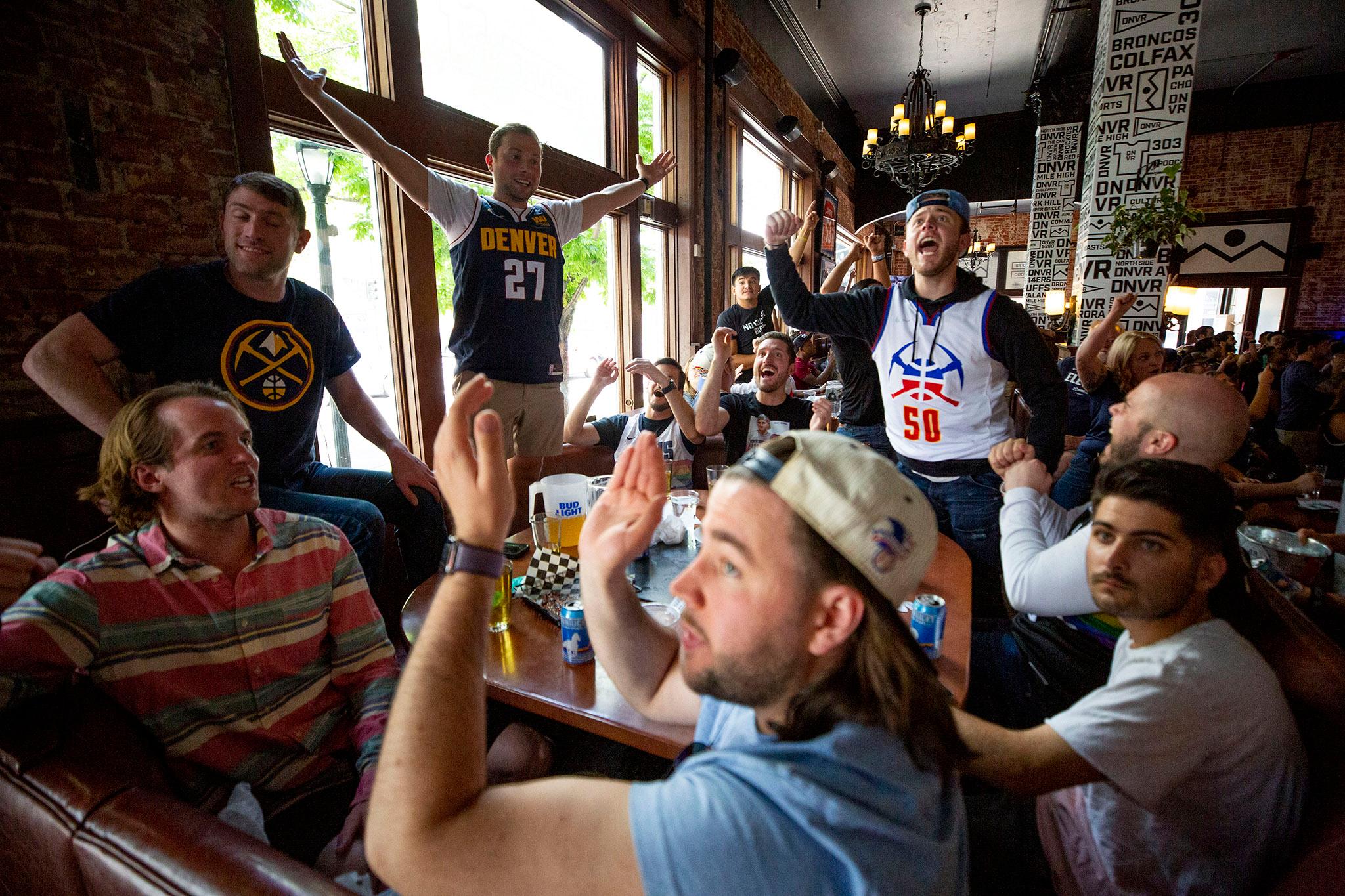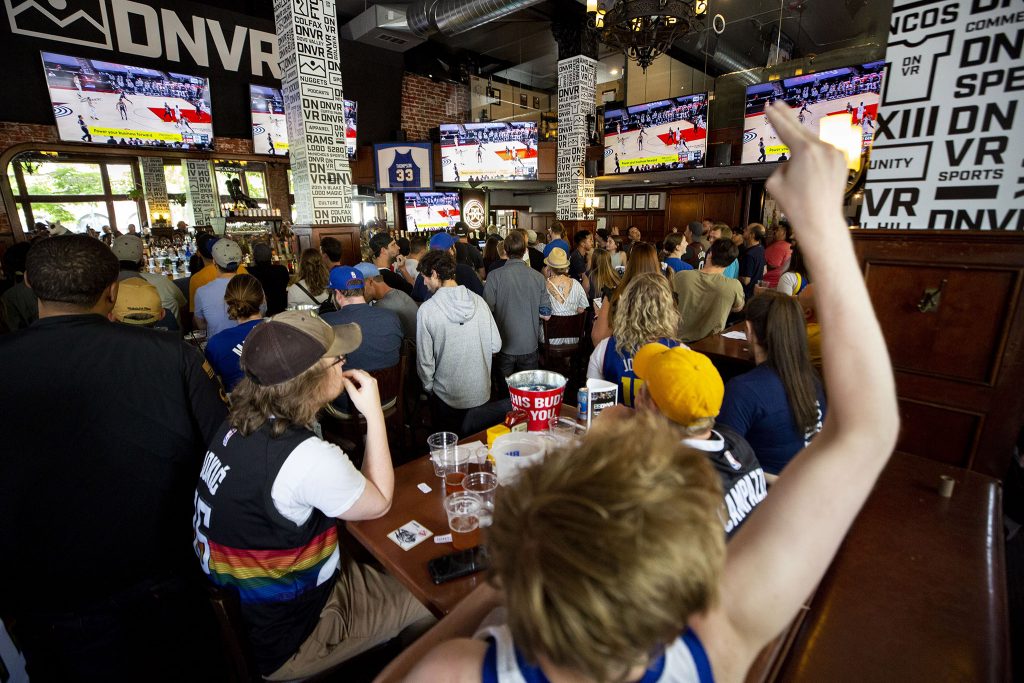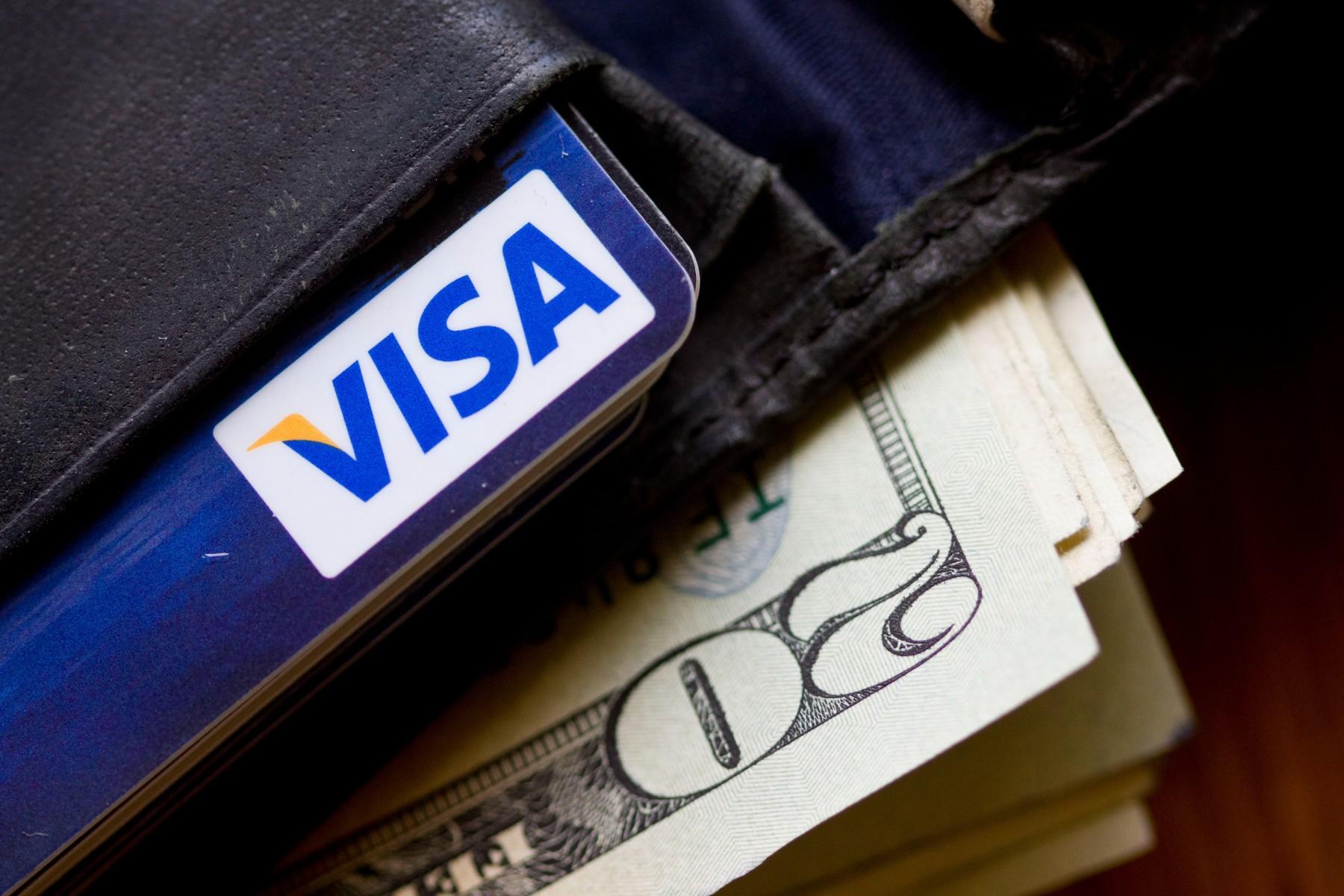
After closing the books on its first year of legalized sports betting, Colorado collected more than $6.6 million in tax revenue. The programs set to receive that money will start to do so this fall.
Voters passed Proposition DD by a slim margin in 2019. But by the time legal betting launched in May of last year, the state didn’t know what to expect because of the pandemic, Colorado’s director of gaming Dan Hartman said.
“I think when we started out, we were very conservative, not knowing how it was going to go,” he said. “But we've been really impressed and I think excited about the numbers that have come in.”
Things may have gotten off to a slow start early on in the pandemic with casinos closed, many people stuck at home, and most professional sports postponing their seasons. That meant a lot of wagers on sports like table tennis and mixed martial arts.
But overall wagers went up in the fall thanks in large part to the return of the National Football League, which typically draws a lot of betting action. In January, Colorado collected more than $1 million in monthly tax revenue for the first time.
“I think that recovery is happening across the board obviously as sports play continues to increase,” said Joe Bertolone, executive director the University of Nevada Las Vegas’ International Center for Gaming Regulation. “If you look at the gaming industry as a whole, regional operators started to recover more quickly than integrated resort or destination places like Las Vegas, Macau or Singapore. So that was a struggle, but regional areas started to recover earlier.”

A big factor in that resurgence is mobile betting. Wagers made by computer or smartphone account for more than 80 percent of bets in states and other areas where online betting is available, according to Bertolone.
“It's because of the ease of use,” he said. “The other thing that the operators are doing is they were forced to get even more sophisticated in regards to their wagering menus, meaning what types of bets are placed.”
Colorado’s 33 casinos all have master licenses for sports betting. From there, they need specific licenses to offer mobile betting and retail betting. Two-thirds of them are currently licensed mobile operators, while 16 are licensed for in-person sports betting.
And over the first year, sports bettors in the state wagered more than $2.3 billion online and at casinos.
“We saw tremendous momentum last year,” Hartman said. “Things are coming back to normal. You're going to see that retail number maybe climb a little bit as people just start to get out and enjoy life again.”
Who exactly is paying the taxes generated by sports betting?
By law, this program only taxes profits casinos make off of sports betting. So when the house wins, the state wins. This revenue does not include any income taxes placed on individual winnings. Instead, you take the money lost by bettors in Colorado and then sportsbooks essentially pay a 10 percent tax on those profits. There’s the state’s tax revenue.
Does the fact that sports betting is so easy bring up any concerns?
Given that the vast majority of sports bets in Colorado have been made online, the lower barrier to entry has made addiction a risk. The ability to bet on a mobile device makes it easier to hide the problem from friends and family, said Nancy Lantz, who’s worked as a gambling counselor in the state for 20 years.
“It’s not unusual for me to see somebody that has anywhere from $100,000 to $200,000 in debt,” she said. “And if their spouse doesn’t know about it, then they become desperate and the thoughts of suicide are very strong because of the embarrasment of what they’ve done and also trying to figure out how they’re going to get themselves out of debt.”
This is another area where the pandemic has had a big impact. Some people who lost jobs turned to gambling. Others bet their stimulus checks, and plenty bet for entertainment if there wasn’t really anything else to do, Lantz added.
Are regulators doing anything to address problem gambling?
Dan Hartman, Colorado’s director of gaming, said betting apps and websites have features built in to help people control how much they wager or pause their betting. Operators can also detect if someone has a gambling problem.
“And many of them do reach out to the customer and offer other things or slow them down or do some things that will help them stay off of that downward spiral,” Hartman said. “We keep looking at ways to make sure that responsible gaming is built into what we do.”
Of the tax revenue the state collects from sports betting, $130,000 goes directly to gambling addiction services, like crisis hotlines and counseling.
But Lantz, the gambling counselor, said more needs to be done to make people aware of both the risks and the resources. That means educating professionals like bankers and therapists to help identify potential gambling problems.
“I absolutely love the fact that we do have money earmarked to take care of problem gambling,” she said. “It’s not nearly enough.”
How does the rest of the tax money get used?
The program first has to pay back the $1.74 million that lawmakers allocated basically for start-up costs. Then, six percent goes to what’s called a hold harmless fund. It allows the state to make up for losses in tax revenue from traditional gambling and even horse racing as a result of sports betting. The entities that can apply for this money include the state historical fund, counties and cities with casinos, and community colleges. But most of the tax revenue goes to water conservation and storage projects. The exact amounts will be determined later this summer after the current fiscal year ends. Then the state’s gaming commission needs to approve those distributions, and will likely do so in September.



